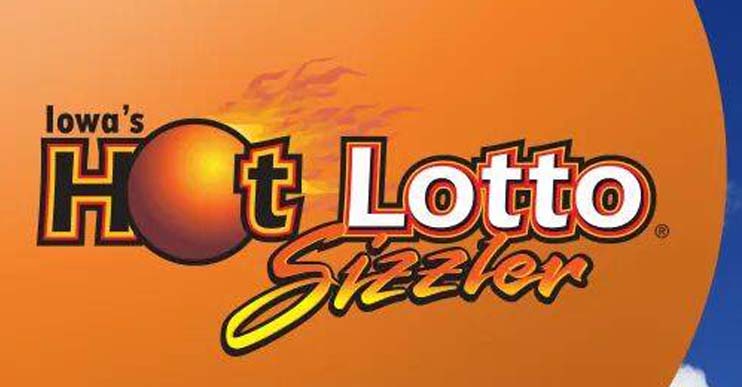A judge in Iowa gave the winner of a Hot Lotto jackpot the green light to proceed with a lawsuit against the Multi-State Lottery Association (MUSL) and the state lottery that contends if a lottery vendor had not rigged a drawing in 2010 he would have won millions more.
On October 12, Iowa District Court Judge Karen Romano said that neither the MSLA or the Iowa Lottery are immune from the lawsuit filed by Larry Dawson of Webster City, Iowa and that she would not be dismissing the case, according to the Associated Press. The lawsuit is the first against the MUSL in connection with the lottery-fixing scandal that took place within the organization in 2010.
In May 2011, Dawson won a Hot Lotto jackpot worth $9 million. The lawsuit argues that had the prior jackpot’s outcome in December 2010 not been fixed by 52-year old Eddie Ray Tipton of Norwalk, Iowa, who had worked as the security director for the MUSL, rather than $9 million, the jackpot would have rolled over to subsequent drawings and been worth $25.5 million. Tipton was convicted last year of rigging an MUSL computer to produce a set of pre-programmed winning numbers. Evidence produced at trial showed Tipton installed a ‘rootkit’ in the lottery’s random number generator in order to win jackpots between 2007 and 2011 including a record-breaking Hot Lotto jackpot in Wisconsin worth $14.3 million. Tipton received a 10-year prison sentence for the crime, although since then the punishment has been reduced.
Dawson’s attorneys, Jerry Crawford and Nick Mauro, said “Lottery players across the country, including Iowans, were defrauded as a result of rigged lottery games,” and, “This ruling allows us to focus on learning why and how the Iowa Lottery and (the association) allowed this to occur. More important, it provides the opportunity to hold them accountable for their conduct,” according to ABC News.
Tipton’s brother, Tommy Tipton, who until abruptly resigning last year had been a justice of the peace in Texas, had been long suspected by prosecutors of being involved in the scam. In April, Tommy was also indicted on fraud charges after it was discovered that he was one of three men to win a lottery game in Colorado for $4.5 million. He had allegedly paid a friend 10 percent of the jackpot to claim the prize on his behalf. Prosecutors also charged a third man, Robert Rhodes, regarding similar accusations.
In 2011, the scam began to unravel when for nearly a year a $16.5 million Hot Lotto jackpot went unclaimed, at which time an attorney showed up claiming to represent the winning ticket holders, who preferred to remain anonymous. The lawyer failed to convince Iowa Lottery officials to hand over the winnings to him and he then said his clients no longer wanted to claim their prize. Eventually, Tipton was recognized by his co-workers on footage from the security cam at the gas station where the ticket was purchased, which led to his arrest in January 2015.
Late in August, prosecutors asked to be allowed to subpoena the bank accounts of two Texas attorneys who they believe might also be tied to the lottery scam.



